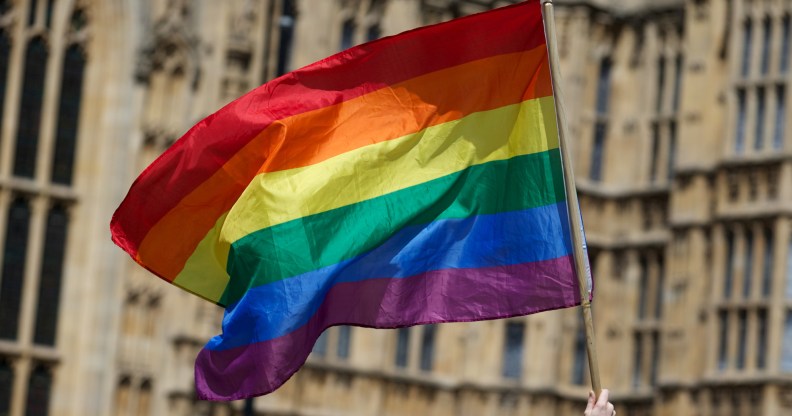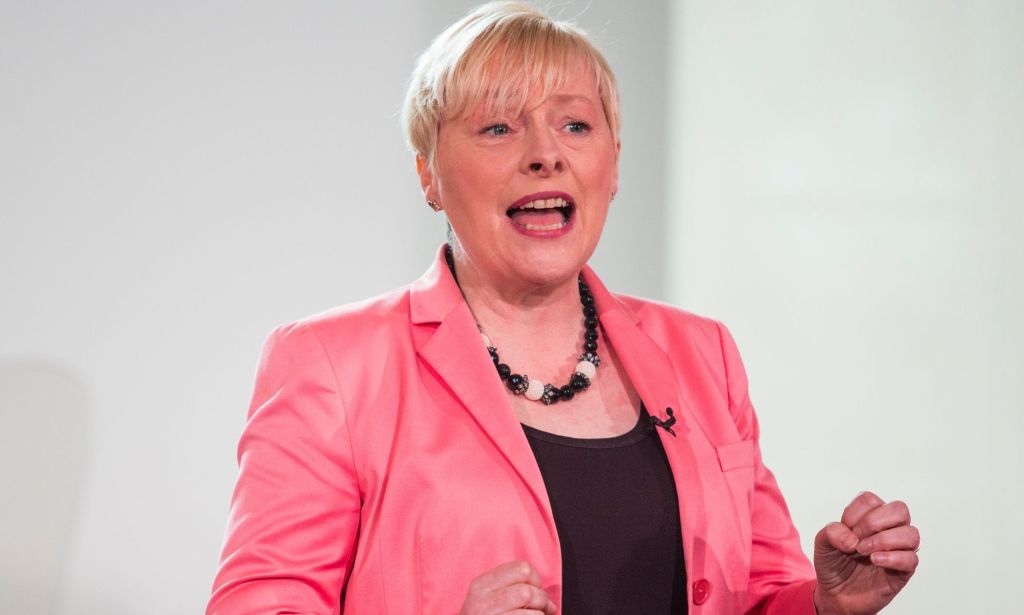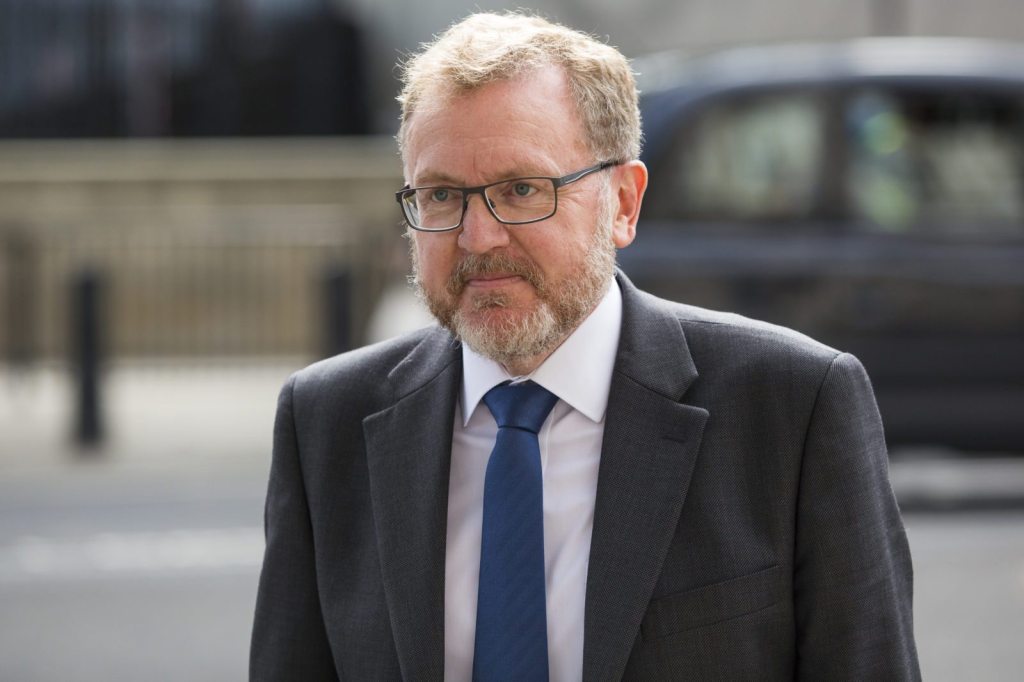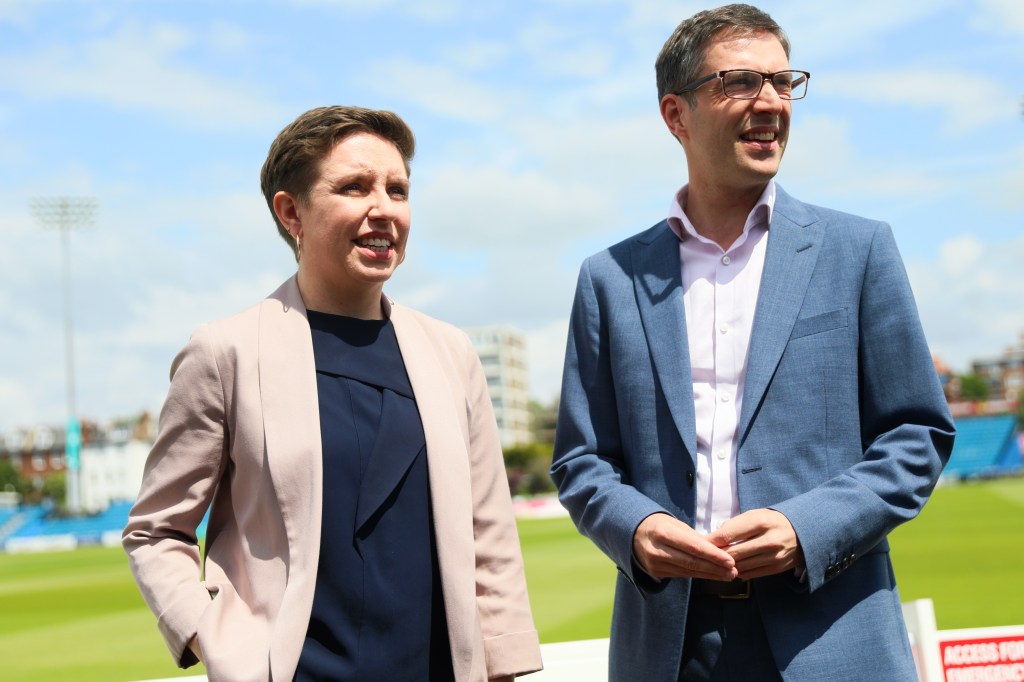Number of out LGBTQ+ MPs falls following election – but Labour has a reason to be proud

The 2024 general election brought wins for LGBTQ+ candidates new and old. Getty)
As predicted, the general election led to a change in the representation of LGBTQ+ MPs in the House of Commons, with a seismic shock for Labour and the Conservatives in particular.
64 out LGBTQ+ MPs were elected on 4 July, representing 9.8 per cent of the total MPs: 50 Labour MPs, 7 Liberal Democrats, 5 Conservatives, 1 Scottish Nationalist and 1 Green.
30 were incumbents, while 34 are new MPs. This is a decline from the pre-election high of 67 LGBTQ+ MPs in the House of Commons but an increase from the 2019 election. At dissolution there were 27 who had been elected as Labour MPs, 26 Tories, 12 Scottish Nationalists and two Liberal Democrats. But after decades of parity between Tories and Labour, the new parliament will look entirely different.
Labour’s 50 out LGBTQ+ MPs represent by far the largest party cohort of any parliament, anywhere in the world. They constitute 12.2 per cent of the governing party. Labour made gains unheard of in the history of LGBTQ+ representation anywhere in the world. All 23 incumbent Labour MPs were re-elected alongside 27 new LGBTQ+ Labour MPs.

The Tory LGBTQ+ caucus was decimated by an even larger proportion than the party’s overall number of MPs. Paul Holmes, Stuart Andrew and Kieran Mullan were able to win the safer Tory seats of Hamble Valley, Daventry and Bexhill and Battle, after leaving their marginal seats of Eastleigh, Pudsey and Crewe, which were all lost.
Former Secretary of State for Scotland, David Mundell, held his seat of Dumfriesshire, Clydesdale and Tweeddale after both he and his SNP challenger saw their votes decline by 13 per cent. The only new LGBTQ+ Tory MP is Blake Stephenson, who held Mid Bedfordshire with a dramatically reduced majority.

The SNP LGBTQ+ caucus, long the jewel of Scotland’s parliamentary representation, was decimated. Of the 12 SNP MPs before the general election, only Kirsty Blackman (Aberdeen North) retained her seat.
The Liberal Democrats elected seven out MPs: Sarah Dyke (Glastonbury and Somerton), Layla Moran (Oxford West and Abingdon), Josh Babarinde (Eastbourne), Olly Glover (Didcot and Wantage), Tom Gordon (Harrogate and Knaresborough), Adam Dance (Yeovil), and Ben Maguire (North Cornwall).
The Green Party Co-Leader, Carla Denyer (Bristol Central), is the first out LGBTQ Green MP and first out party leader in the House of Commons.
The last parliamentary LGBTQ+ caucus was made up of 73 per cent men and 27 per cent women. In the new parliament there 18 women who identify as LGBTQ+ (28 per cent). No non-binary candidates were elected.

The number of out transgender and non-binary candidates decreased from ten in 2019 to eight in 2024. Amidst a climate of increasing transphobia, these candidates had a torrid time.
Emily Brothers, a predicted winner in Isle of Wight East, came fourth with only 18 per cent of the vote. All bar one trans candidate dramatically underperformed against their party’s national performance.
Here are all the out LGBTQ+ MPs elected at the 2024 general election:
Labour (50)
Daniel Aldridge: Weston-super-Mare
James Asser: West Ham and Beckton
Olivia Bailey: Reading West & Mid Berkshire
Antonia Bance: Tipton & Wednesbury
Danny Beales: Uxbridge & South Ruislip
Clive Betts: Sheffield South East
Polly Billington: East Thanet
Olivia Blake: Sheffield Hallam
Chris Bryant: Rhondda and Ogmore
David Burton-Sampson: Southend West & Leigh
Dan Carden: Liverpool Walton
Ben Coleman: Chelsea and Fulham
Deirdre Costigan: Ealing Southall
Ashley Dalton: West Lancashire
Stephen Doughty: Cardiff South and Penarth
Angela Eagle: Wallasey
Damien Egan: Bristol North East
Alan Gemmell: Central Ayrshire
Nia Griffith: Llanelli
Tom Hayes: Bournemouth East
Lloyd Hatton: South Dorset
Gerald Jones: Merthyr Tydfil and Aberdale
Peter Kyle: Hove and Portslade
Kim Leadbeater: Spen Valley
Simon Lightwood: Wakefield and Rothwell
Keir Mather: Selby
Josh MacAlister: Whitehaven and Workington
Martin McCluskey: Inverclyde & Renfrewshire West
Kevin McKenna: Sittingbourne and Sheppey
Stephen Morgan: Portsmouth South
Luke Murphy: Basingstoke
James Murray: Ealing North
Luke Myer: Middlesborough South and East Cleveland
Josh Newbury: Cannock Chase
Charlotte Nichols: Warrington North
Kate Osborne: Jarrow and Gateshead East
Tris Osbourne: Chatham and Aylesford
Andrew Pakes: Peterborough
Michael Payne: Gedling
Luke Pollard: Plymouth Sutton and Devonport
Steve Race: Exeter
Steve Reed: Streatham and Croydon North
Tim Roca: Macclesfield
Tom Rutland: East Worthing & Shoreham
Oliver Ryan: Burnley
Cat Smith: Lancaster and Wyre
Wes Streeting: Ilford North
Alan Strickland: Newton Aycliffe & Spennymoor
Rachel Taylor: North Warwickshire Bedworth
Nadia Whittome: Nottingham East
Conservative (5)
Stuart Andrew: Daventry
Paul Holmes: Hamble Valley
Kieran Mullan: Bexhill and Battle
David Mundell: Dumfriesshire, Clydesdale and Tweeddale
Blake Stephenson: Mid Bedfordshire
Liberal Democrats (7)
Layla Moran: Oxford West and Abingdon
Sarah Dyke: Glastonbury and Somerton
Josh Babarinde: Eastbourne
Olly Glover: Didcot & Wantage
Tom Gordon: Harrogate & Knaresborough
Adam Dance: Yeovil
Ben Maguire: North Cornwall
SNP (1)
Kirsty Blackman: Aberdeen North
Greens (1)
Carla Denyer: Bristol Central
Andrew Reynolds is the author of The Children of Harvey Milk: How LGBTQ Politicians Changed the World (Oxford University Press).
Data: LGBT Labour, LGBT Conservatives, the Liberal Democrats, LGBT+ Lib Dems, Plaid Cymru, Green Party of England and Wales, Green Party of Scotland, the Scottish National Party.
How did this story make you feel?
